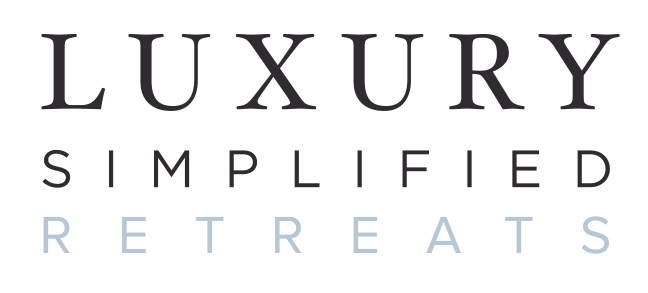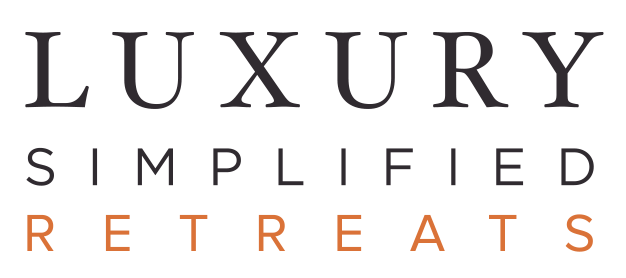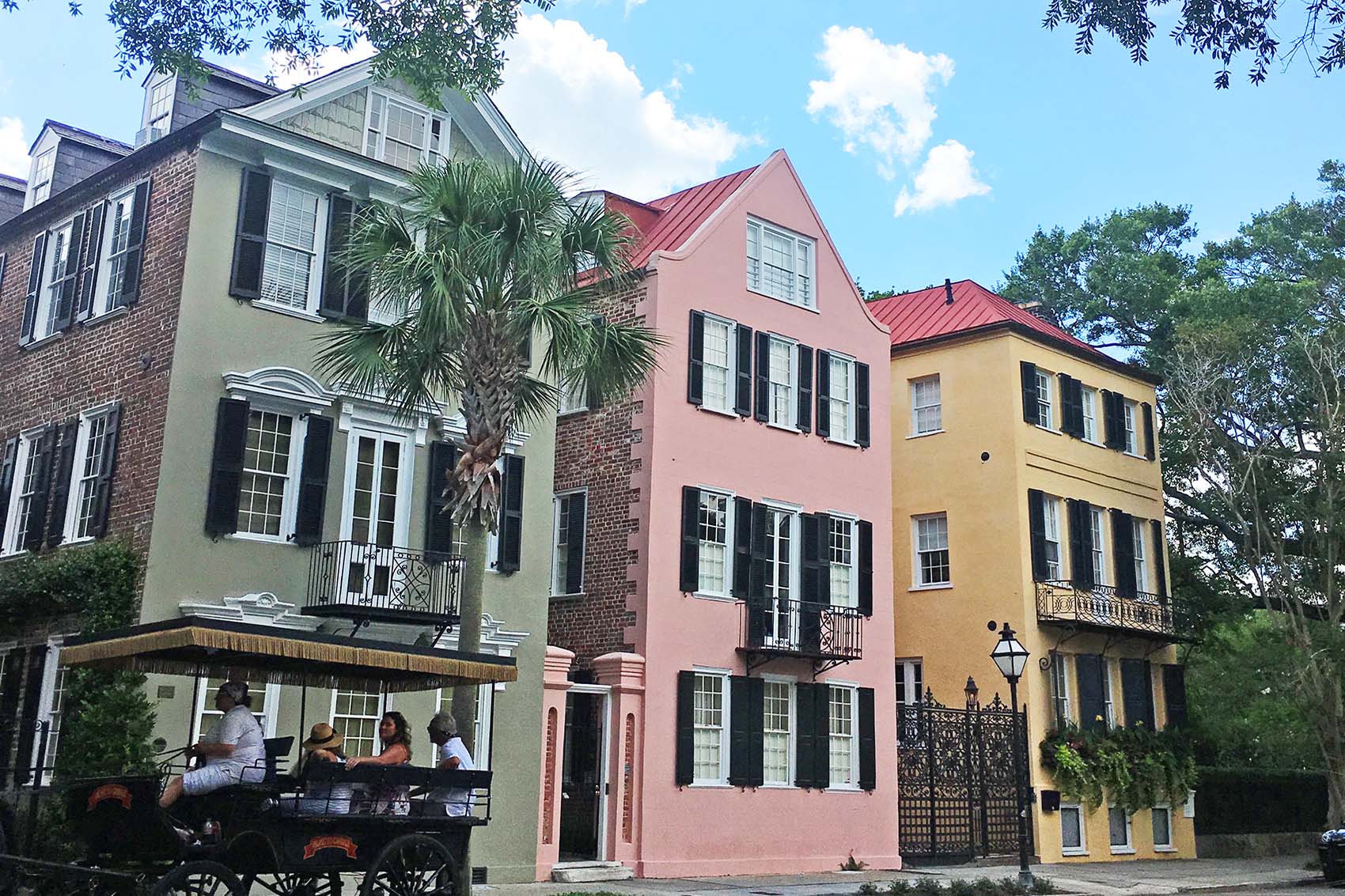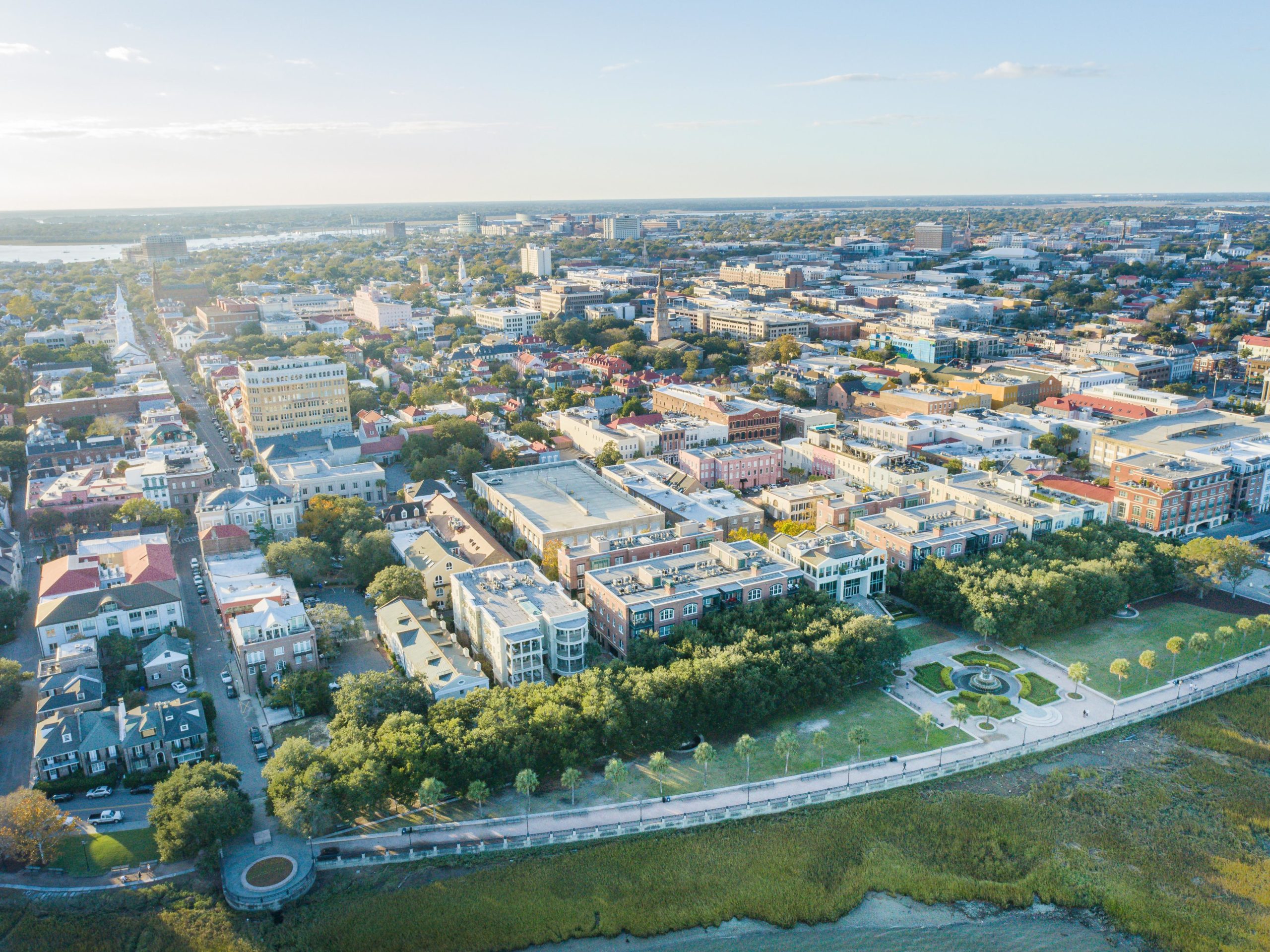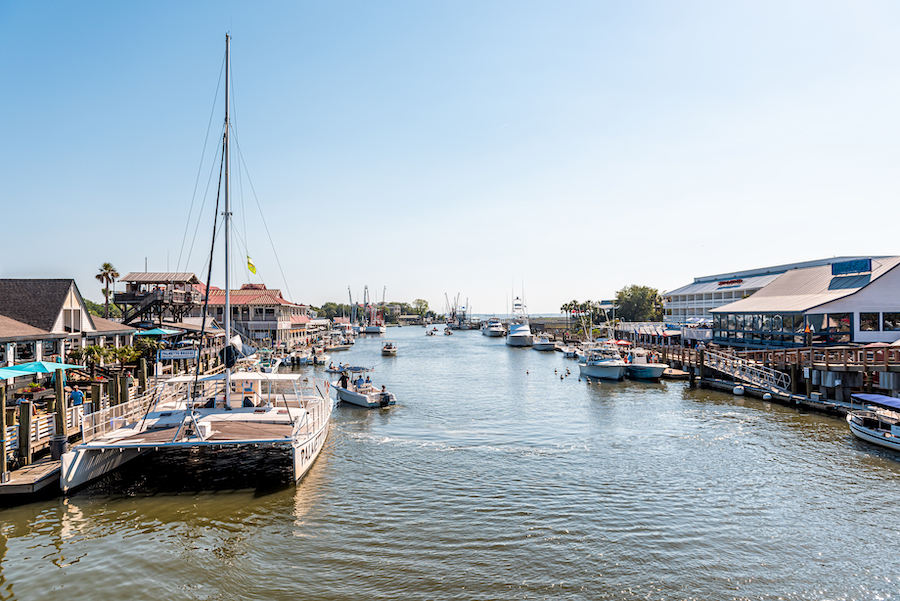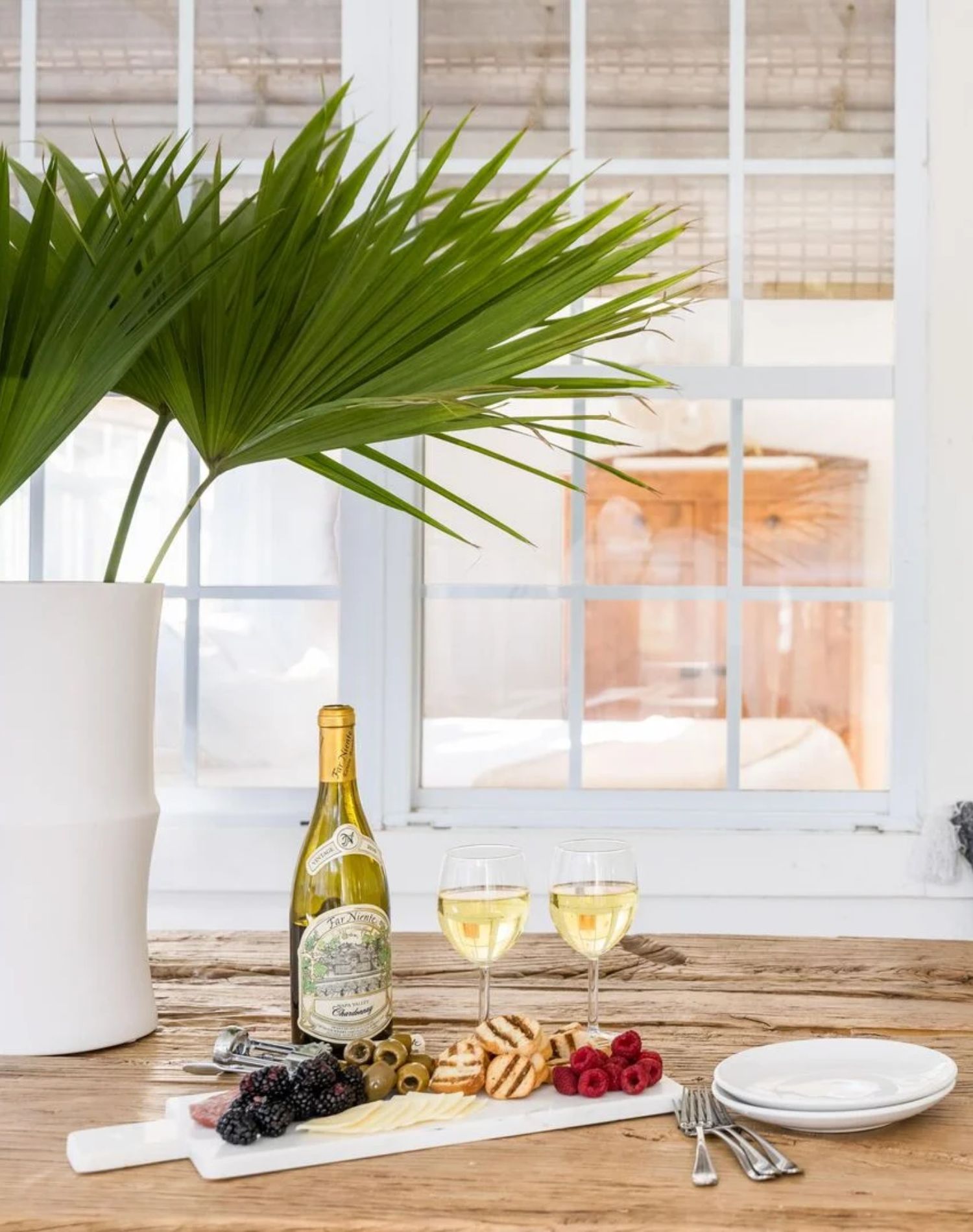When it comes to operating a legal short-term rental (STR) in downtown Charleston SC, there’s a lot to learn. The landscape of STRs on the Charleston peninsula has changed rather dramatically in the past few months. In April 2018, after years of deliberation, the City of Charleston finally passed judgement on STRs and announced new regulations limiting STRs throughout downtown. This came as quite a sting for those operating illegally within the city limits and has caused much angst among local short-term rental owners. On the flip side, many of those who have been lobbying against STRs in residential neighborhoods came out grinning from ear to ear. Here’s a primer for what you need to know to legally rent short-term within the downtown city limits of Charleston. Get your pencil and paper ready, you’ll want to take notes! A BIT OF HISTORY
The short-term rental industry in Charleston has exploded with the rise of the sharing economy and companies such as Airbnb and VRBO. The last 5 years have seen a considerable increase in the number of short-term rental homes in the marketplace. Though a much riskier investment than a long-term or annual type rental property, these STRs can make a considerable fortune if done correctly. With so many rental properties in the marketplace at the end of 2017 the city decided that it was finally time to come to a vote on a regulatory structure that would be both fair and realistically enforceable.
NEW GUIDELINES
On April 10, 2018, the city voted to allow short-term rentals downtown, but with very strict guidelines. In order to operate a STR that falls outside of the boundaries previously designated as allowable, largely found in the Elliotborough/Cannonborough neighborhoods, the following must apply:
- You must obtain a special license from the city and list the license number in online rental listings. In order to obtain one, you would need to submit a site plan of your property and indicate the designated parking for renters.
- Owners must live on the property full time to be eligible and be the property must be assessed at the 4% tax rate (reflecting Primary residency). That means, those second home owners are not legally allowed to rent their property short term, unless they reside both within the commercial district and the short-term rental overlay zone.
- The Short-term rental cannot host more than 4 people at one time.
- Owners must pay both business license fees and accommodations taxes to the relevant authorities.
These new regulations, which vary slightly depending on the type of property and location, went into full force on July 10, 2018 with new employees in the City tasked primarily with enforcement among illegal Airbnb’s. It has been reported that those found to be operating outside of the strict guidelines could be fined up to $1,087/day or face up to 30 days in jail.
So, what does this mean for us at Luxury Simplified Retreats? Well, nothing actually. As one of the only companies in town that has always operated legally within the city our property’s ace the regulations, we’ve continued to strengthen our relationships with city officials and have refrained from undue scrutiny. Following the rules is a must in a small niche market like Charleston SC. At Luxury Simplified Retreats, we are experts at managing luxury rentals downtown and at Folly Beach, and we are well versed in the city’s rental guidelines. If you have a home and are unsure of the legalities, contact us – we can help! Think of us as your study-buddy, here to help you score an A+ with city regulators!

